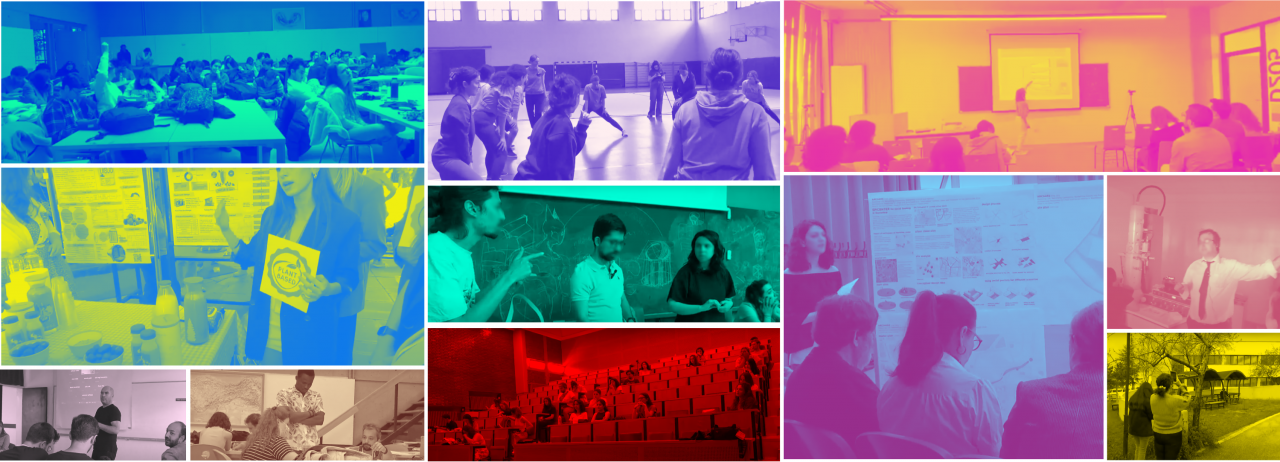The use of English as the medium of instruction (EMI) in contexts where English is not the primary language of communication has become a rapidly expanding phenomenon across the world and in Türkiye. Middle East Technical University (METU), with its longstanding EMI tradition since its foundation in 1956, is the first state university in Türkiye, and among the first in the non-anglophone world (more specifically, expanding circle in Kachruvian terms) to adopt this language policy for all programs and departments and as a part of its larger institutional identity.
As EMI has grown exponentially in the last two decades across higher education institutions around the world, so has the research into EMI. The culminated findings into EMI reflects that EMI is not a simple choice of language of instruction; it reforms instructional patterns and impacts learning outcomes (Dearden, 2014), highlighting the critical need for further research and development in the field that has the potential to create and sustain EMI-specific pedagogical knowledge and skills to foster effective practices.
The METU-EMI Research Network was established (under the DIScourse and COrpus REsearch Group (DISCORE)) in response to this growing need for "a context-sensitive, needs-based, sustainable approach to ongoing EMI teacher development" (Wang et al., 2025, p.27) that responds to the call for an "evidence-informed EMI policy implementation" (Galloway et al., 2021, p.1). Coordinated by faculty members and graduate students from Middle East Technical University, Faculty of Education, Department of Foreign Language Education, METU-EMI network collaborates with national and international partners to contribute to the state-of-the-art knowledge basis for EMI practice through rigorous research by adopting various methodological approaches including multimodal conversation analysis, corpus-assisted discourse analysis, quantitative methods and content analysis.
So far, METU-EMI has produced a number of outputs in order to (1) establish a database for data-driven EMI research (i.e., English-Medium Instruction Corpus (EMIC), English-Medium Instruction Gesture Sub-Corpus (EMIGeCo)) and (2) communicate scientific research into EMI with other stakeholders (i.e., English-Medium Instruction Training for Faculty (EMIT4F)). We aim to expand our work in both of these strands, strengthening both research and praxis.
This website serves as a living hub for disseminating the network's research outputs, funded projects, events, and collaborative initiatives. It is maintained and frequently updated by the network members to ensure open access to our ongoing EMI-related activities.
References
Dearden, J. (2014). English as a medium of instruction-a growing global phenomenon. British Council.
Galloway, N., Sahan, K., & McKinley, J. (2024). English for specific purposes in surging English-medium instruction contexts. Journal of English-Medium Instruction.
Wang, K., Yuan, R., & De Costa, P. I. (2025). A critical review of English medium instruction (EMI) teacher development in higher education: From 2018 to 2022. Language Teaching, 1-32.

